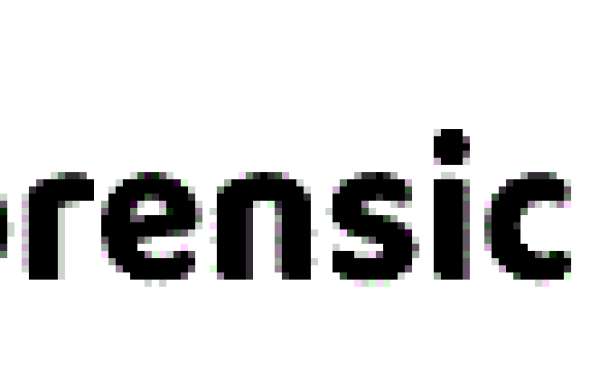In the realm of object-oriented programming (OOP), the concept of parent classes plays a pivotal role in structuring and organizing code. Parent classes, also referred to as base classes or superclasses, are the foundation upon which the entire class hierarchy is built. They provide a mechanism for creating classes that inherit properties and behaviors from a common ancestor, promoting code reusability, maintainability, and a structured approach to software development.
Understanding Parent Classes
At its core, OOP revolves around the creation of objects, which are instances of classes. A class defines the blueprint for an object, detailing its attributes (variables) and methods (functions). Parent classes introduce the concept of inheritance, where one class (child class or subclass) inherits the attributes and methods of another class (parent class or superclass). This inheritance relationship creates a hierarchical structure, enabling the child class to reuse, override, or extend the functionalities of the parent class.
Promoting Code Reusability
One of the primary advantages of parent classes is the promotion of code reusability. By defining common attributes and methods in a parent class, multiple child classes can inherit and share these features without the need to rewrite the same code. This not only reduces redundancy but also ensures consistency across different parts of the codebase. For example, in a software application dealing with various shapes, a parent class 'Shape' could encapsulate attributes like color and methods like area calculation. Subclasses like 'Circle' and 'Rectangle' could then inherit these attributes and methods, focusing only on their unique characteristics.
Facilitating Maintenance
Parent classes also contribute significantly to code maintenance. When changes or updates are required, having a structured hierarchy makes the process more efficient. Altering a feature in a parent class automatically propagates to all its child classes, ensuring consistent behavior throughout the application. This centralized approach minimizes the risk of errors and inconsistencies that might arise from updating individual classes separately.
Encouraging Modular Design
Parent classes encourage modular design, allowing developers to focus on distinct aspects of a program. By creating separate parent classes for different functionalities, the overall codebase becomes more organized and manageable. Each class can be designed and tested in isolation, promoting a clear separation of concerns and making the system as a whole more comprehensible.
Supporting Polymorphism
Polymorphism is a fundamental concept in OOP that allows objects of different classes to be treated as instances of a common parent class. This is facilitated by parent classes, which define a shared interface for its child classes. As a result, code that operates on the parent class can be applied to any of its subclasses. This flexibility and extensibility enhance the adaptability of software applications, enabling the addition of new features without affecting existing code.
Inheritance vs. Composition
While parent classes offer numerous benefits, it's important to note that they are just one approach to achieving code reuse and structure. Another approach is composition, where classes are composed of instances of other classes rather than inheriting from them. While inheritance establishes an "is-a" relationship (a subclass is a type of its superclass), composition focuses on a "has-a" relationship (a class has instances of other classes). Both approaches have their merits and are suitable for different scenarios, depending on the level of code sharing and flexibility required.
For More Info:-








